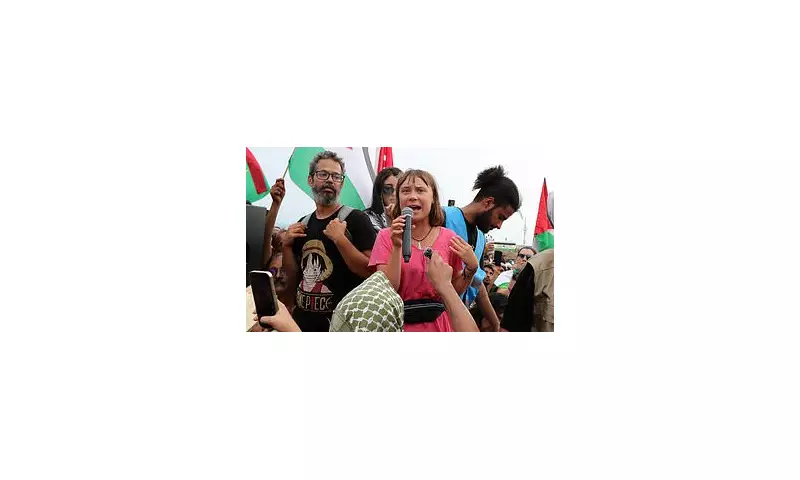
A humanitarian mission to Gaza, championed by Swedish environmental activist Greta Thunberg, has been thrown into disarray following a significant internal rift. The controversy stems from the involvement of LGBTQ+ rights campaigners, which has prompted a walkout by several pro-Palestinian groups.
Ideological Clash Sinks Coalition
The flotilla, intended to draw attention to the blockade of Gaza and deliver aid, has foundered before even setting sail—not due to external pressure, but from internal ideological conflict. Sources close to the organisation report that a faction of activists withdrew their support upon learning that LGBTQ+ advocates were participating in the convoy.
This exodus has reportedly caused logistical chaos and forced a major rethink of the mission's composition and leadership. The situation underscores the complex and sometimes conflicting priorities that can exist within broad activist coalitions.
Thunberg Steps Back from Leading Role
Amid the escalating turmoil, Greta Thunberg has significantly reduced her involvement. While her initial support brought considerable international attention to the flotilla, she has now stepped back from a prominent organisational role. Although her precise reasons have not been fully detailed, the timing coincides with the public eruption of these internal disputes.
The departure of such a high-profile figure is a significant blow to the campaign's visibility and morale, leaving the remaining organisers to manage a public relations crisis.
A Deeper Divide in Activism
This incident highlights a growing tension between different social justice movements. The walkout by certain pro-Palestinian groups reflects a stance that prioritises a specific cause over intersectional solidarity, where support for one human rights issue is expected to align with others.
The fallout poses critical questions for modern activism: Can diverse movements with potentially differing cultural or political viewpoints effectively unite under a single banner? The failure of this coalition suggests that without careful navigation of these differences, such alliances can be fragile.
The future of the aid flotilla remains uncertain, its mission now overshadowed by a very public demonstration of the challenges of building and maintaining a unified protest movement in today's complex political landscape.





